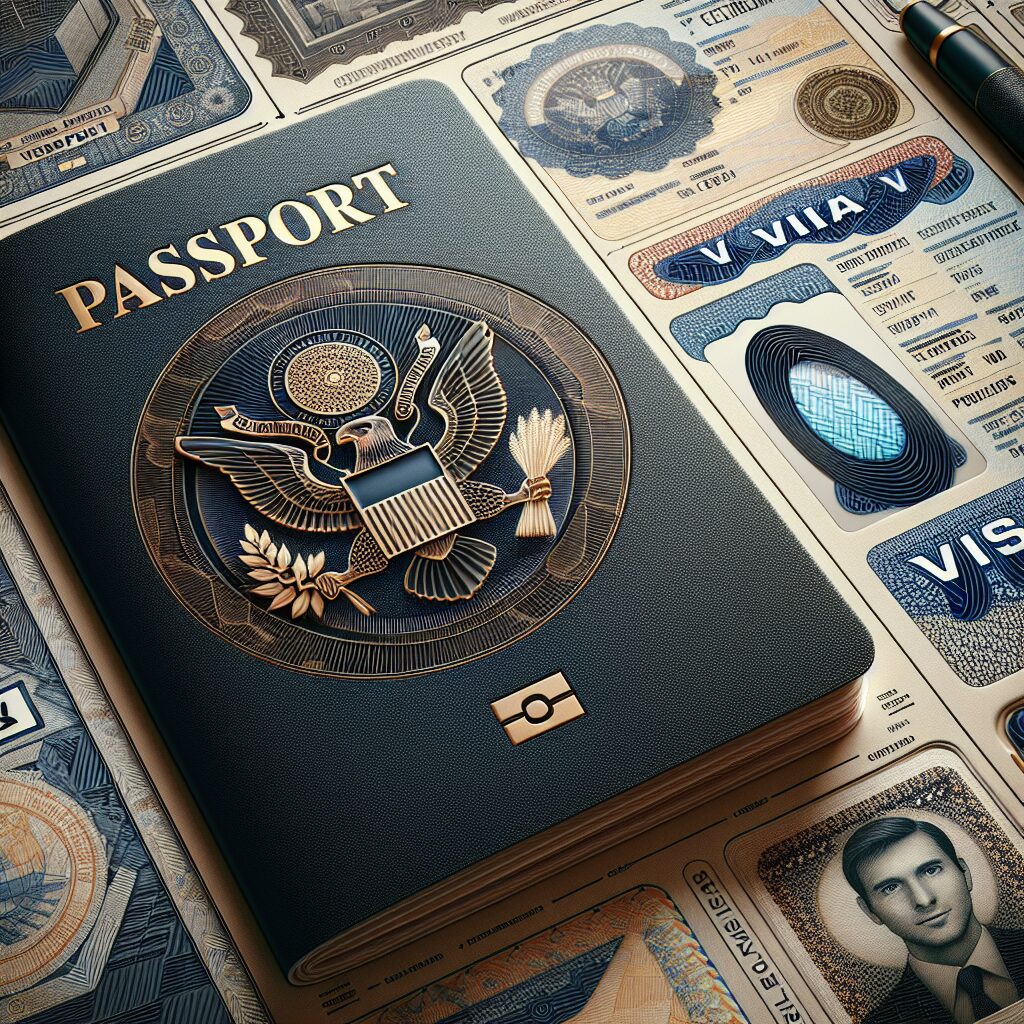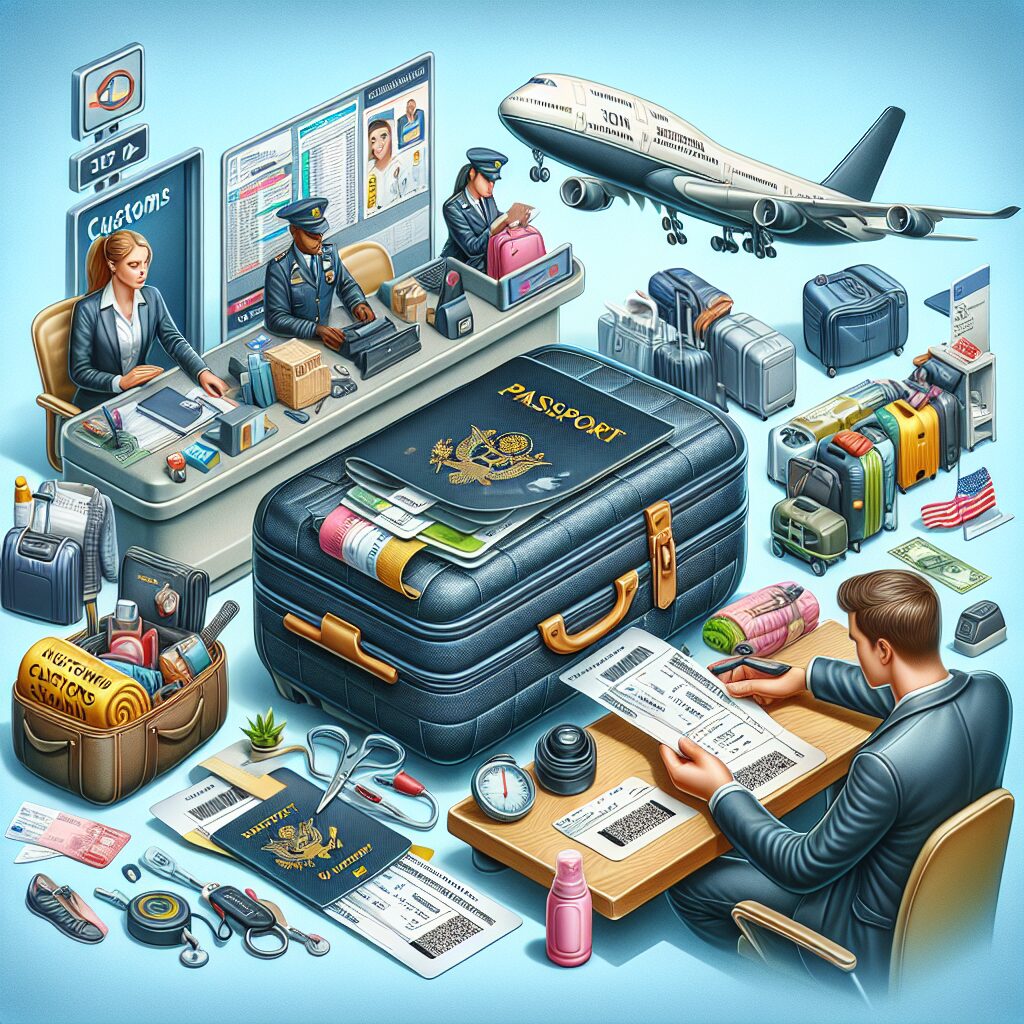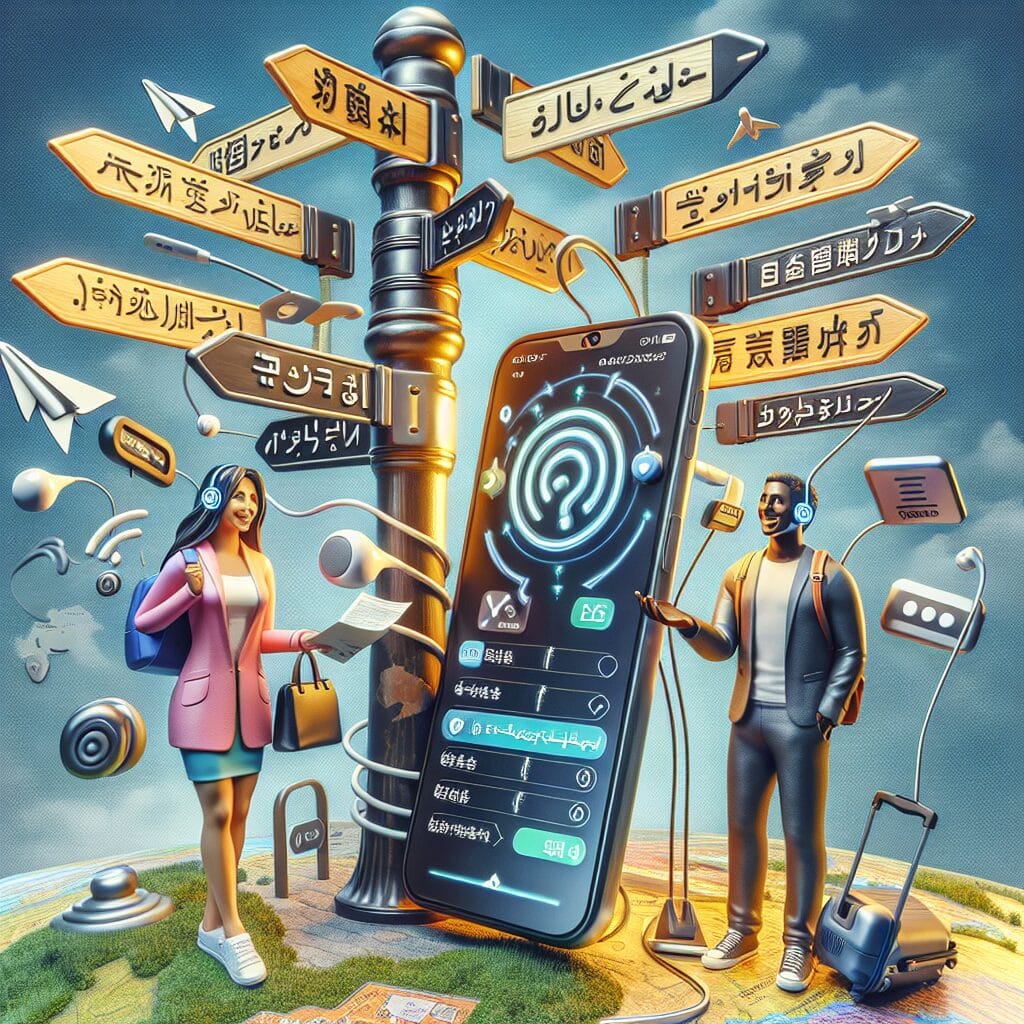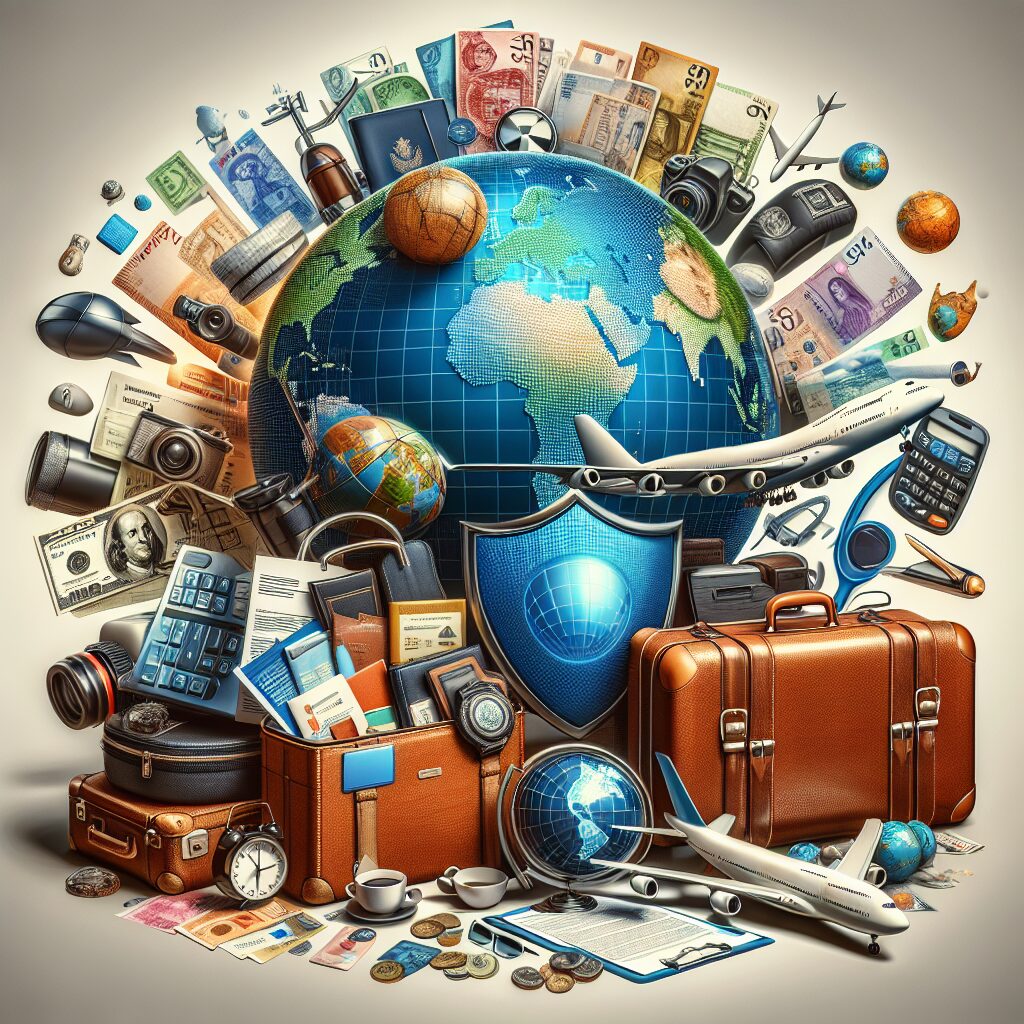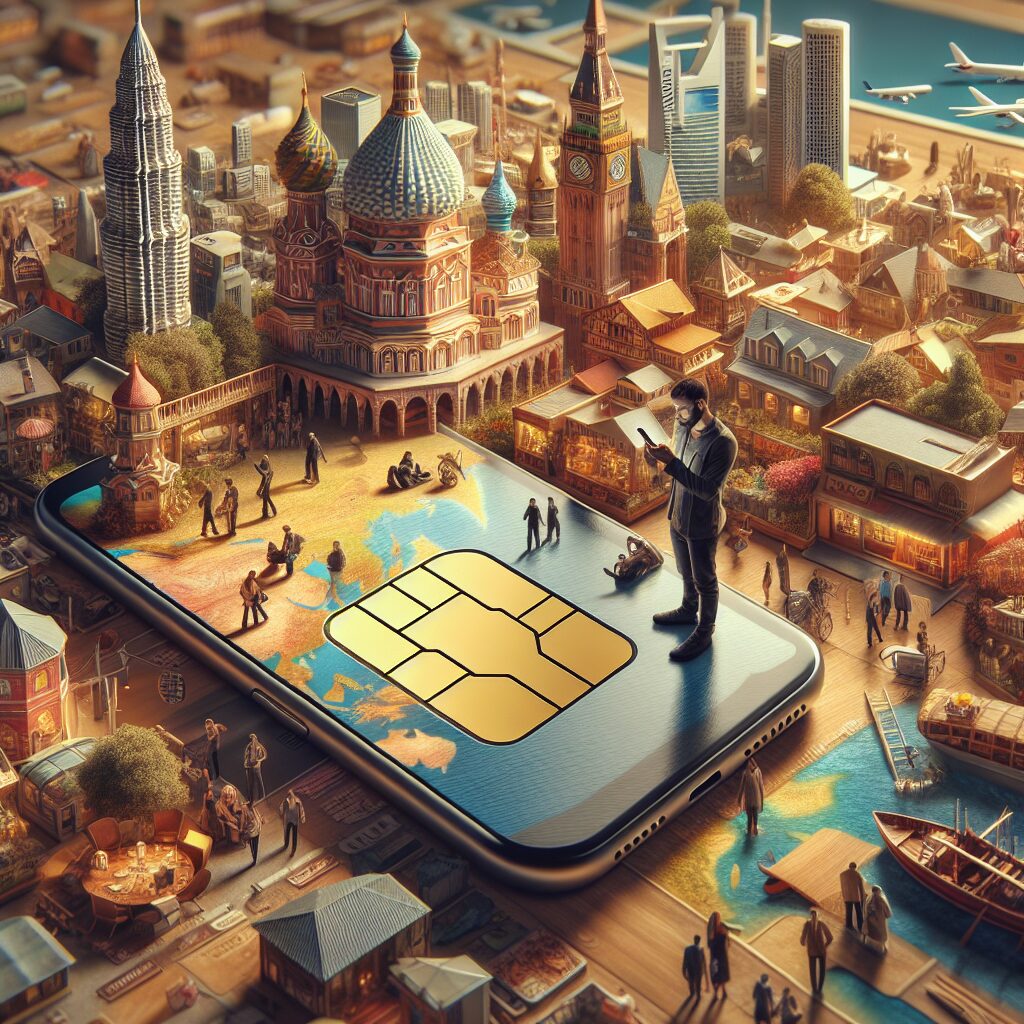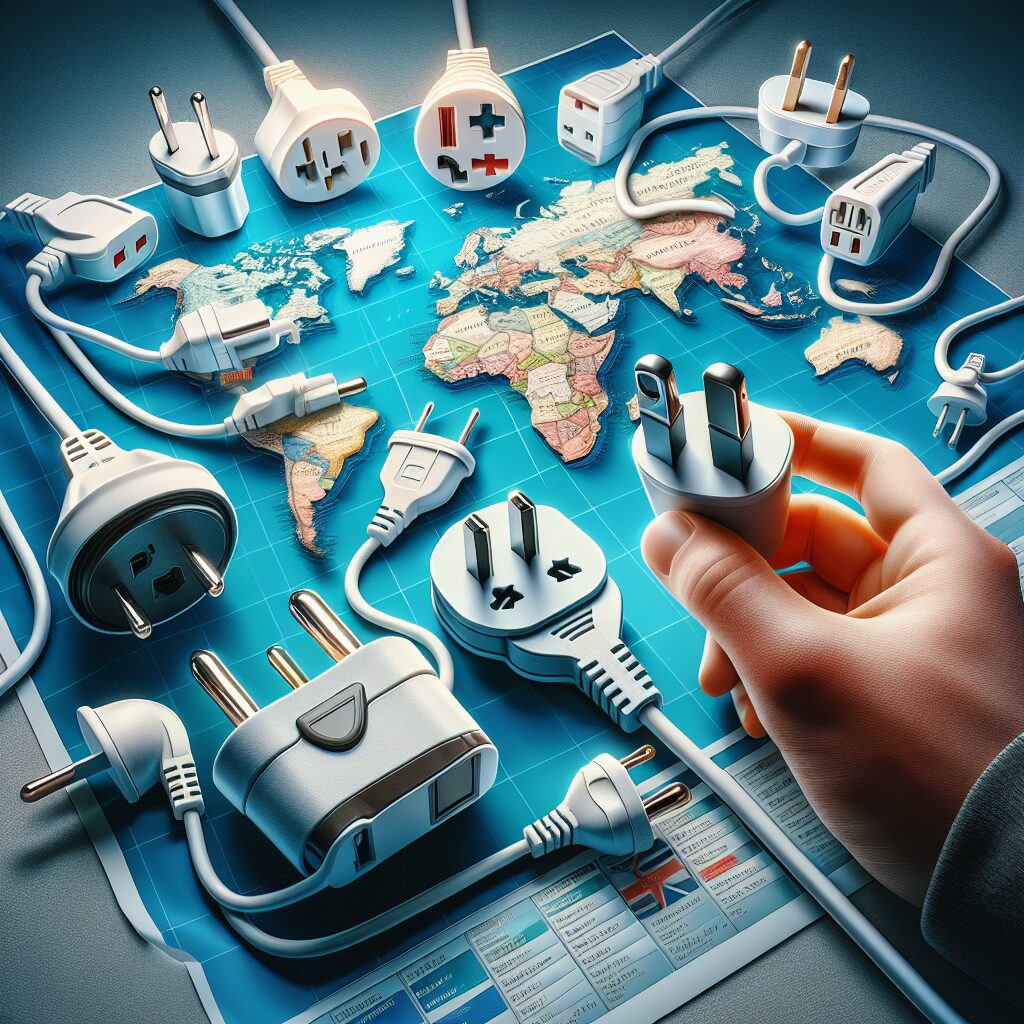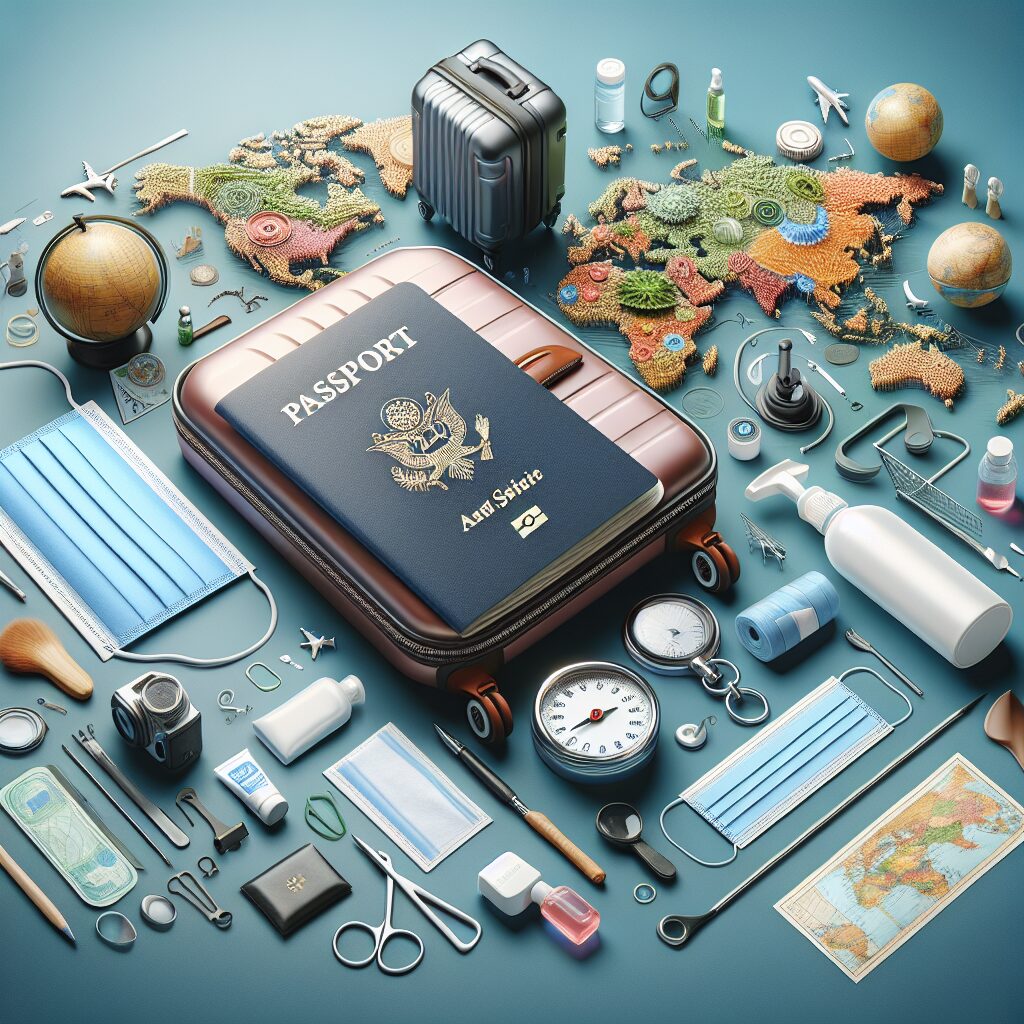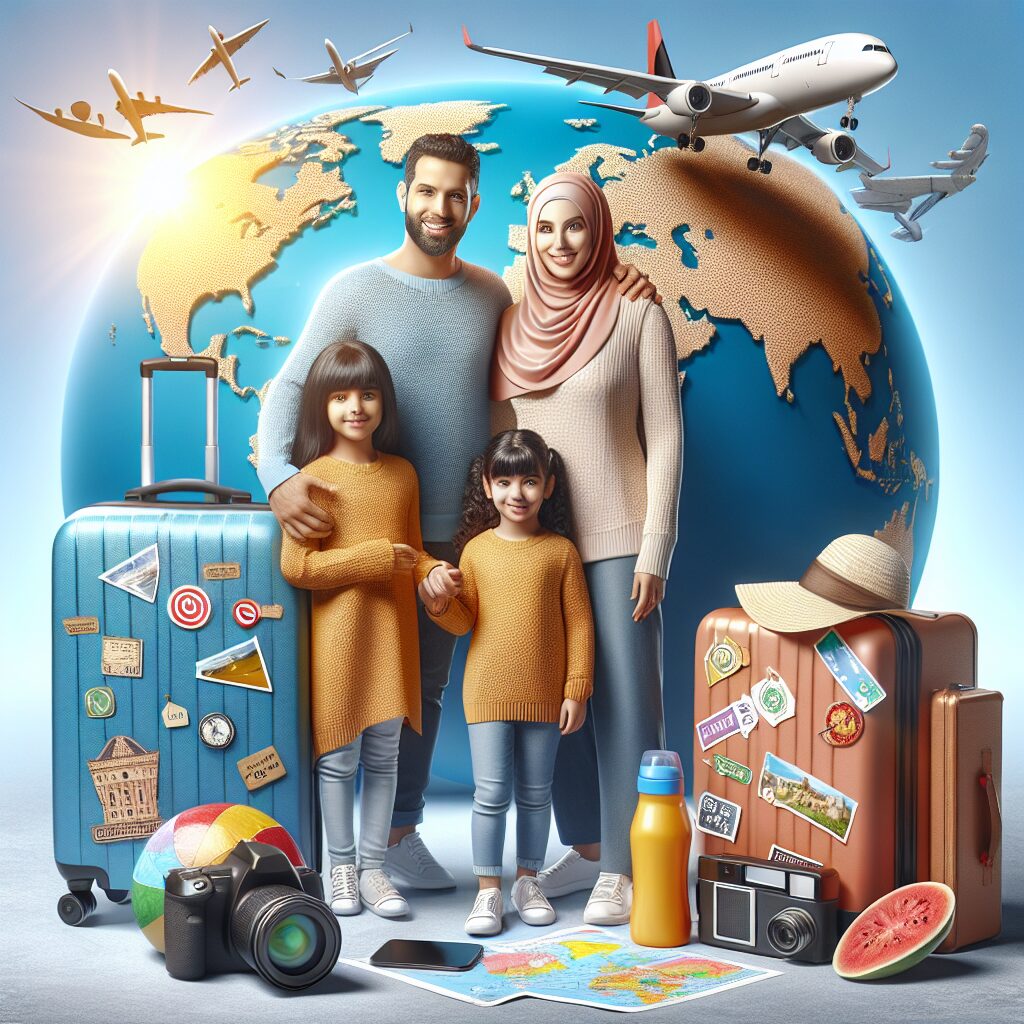Passport and Visa Essentials for Travelers
Passport and visa are two essential documents that every traveler must possess to embark on an international journey. A passport is an official government-issued identification document that certifies one’s nationality and provides proof of identity, allowing individuals to travel abroad. On the other hand, a visa is an endorsement or stamp placed by the authorities of a foreign country on a passport, permitting the holder to enter, stay, or transit through their territory for a specified period. Understanding the importance and specific impacts of these documents is crucial for smooth and hassle-free international travel.
When it comes to traveling abroad, having a valid passport is the very first step. It not only serves as a means of identification but also verifies one’s citizenship and provides legal protection in a foreign land. Additionally, a passport allows travelers to avail themselves of consular services and reach out to their embassy or consulate in case of any emergencies or issues. The passport acts as a gateway to exploring different countries and cultures, broadening one’s horizons, and making unforgettable memories.
In the coming sections of this article, we will delve into the key takeaways regarding passport and visa essentials for travelers. We will explore the necessary steps to obtain a passport, including the required documents and fees. Furthermore, we will discuss various types of visas, such as tourist visas, work visas, and student visas, explaining their specific requirements and limitations. By understanding these essential aspects, travelers will be well-prepared to fulfill the necessary procedures and requirements, ensuring a smooth and enjoyable journey abroad without any last-minute complications or hurdles.
Key Takeaways
1. Check passport expiration dates: Ensure that your passport is valid for at least six months beyond your planned departure date to avoid any travel complications or rejections at immigration checkpoints.
2. Research visa requirements in advance: Understand the visa requirements for the country you plan to visit, as well as the duration of stay allowed. Some countries may require visas even for short visits, so it’s important to apply for them well in advance.
3. Plan for visa processing time: Visa applications may take several weeks to process, so don’t leave it to the last minute. Apply well ahead of your trip to avoid any unnecessary delays or stress.
4. Keep copies of important documents: Make photocopies or take pictures of your passport, visa, and other important travel documents. Store them electronically or carry physical copies separately from the originals, as they can be useful in case of loss or theft.
5. Stay updated on travel advisories: Before traveling, check for any travel advisories or warnings issued by your government for the country you plan to visit. This will ensure you’re aware of any potential risks or safety concerns and can make informed decisions about your travel plans.
Passport and Visa Essentials for Travelers: What are the Most Important Things to Know?
1. Passport Requirements
When planning a trip abroad, the first essential document to consider is your passport. Make sure it is valid for at least six months beyond your intended departure date. Also, check if your destination country requires a specific number of empty pages or a visa.
Remember to carry extra photocopies of your passport, both in physical and digital formats. This precaution will be helpful in case of loss or theft. Keep them separate from your actual passport to ensure ease of replacement.
2. Visa Information
Understanding the visa requirements of your chosen destination is crucial. Research beforehand if your nationality requires a visa or if you can obtain a visa on arrival. Some countries have an electronic visa system, which allows you to apply online before your trip.
Be aware of the different types of visas, such as tourist, business, or work visas. Each has specific conditions and limitations. Ensure you apply for the correct visa based on your travel purpose.
3. Consulate or Embassy Visits
If you need assistance or have any visa-related questions, it is advisable to visit the consulate or embassy of the country you plan to visit. Contact them in advance to check their operating hours, requirements, and any additional documents you may need to bring along.
Embassies and consulates can also provide essential information regarding safety, travel restrictions, and medical requirements. Their guidance can greatly enhance your travel preparation.
4. Passport and Visa Photos
Ensure you have recent passport-sized photos that meet the requirements of both your passport and visa applications. Pay attention to details such as size, background color, and facial expressions. Many countries have specific guidelines, so it’s better to be well-prepared.
Additionally, take a few extra photos with you. Sometimes unexpected visa extensions or emergency situations may require additional documentation.
5. Dual Citizenship and Multiple Passports
If you hold dual citizenship, carefully consider which passport to use when traveling. Some countries have restrictions or particular entry requirements based on your nationality. Determine which passport will grant you the most favorable access to your destination.
If you have multiple passports, ensure you are consistent with the passport information you provide during your journey. Avoid confusion and delays by being organized and informing the appropriate authorities regarding your dual citizenship status.
- What should you do if your passport gets lost or stolen abroad?
- How to verify if the visa you received is valid and not counterfeit?
- What are the general visa application processing times for different countries?
- Should you consider using a visa agency or consult an immigration lawyer for complex visa applications?
- What precautions should be taken with digital copies and storage of passport and visa documents?
Important Tips for Passport and Visa Essentials:
FAQ
1. Do I need a passport to travel internationally?
Yes, a passport is a vital travel document required for international travel. It serves as an identification and allows you to enter and exit foreign countries.
2. How long does it take to get a passport?
The processing time for a passport can vary. Typically, it takes around 4-6 weeks. However, expedited services are available for an additional fee, reducing the processing time to 2-3 weeks.
3. Can I travel with my passport about to expire?
No, it’s important to ensure that your passport is valid for at least six months beyond your planned date of departure. Many countries require this as a condition of entry.
4. What is a visa?
A visa is an endorsement or stamp placed in your passport by a foreign embassy or consulate, granting permission to enter or transit through their country for a specific purpose and duration.
5. How can I apply for a visa?
To apply for a visa, you’ll generally need to complete an application form, provide supporting documents such as your passport, photographs, and proof of travel plans, and pay the required fees. The specific requirements vary depending on the country you wish to visit.
6. Are visas required for all countries?
No, visa requirements vary from country to country. Some countries have visa-free agreements with certain nations, allowing their citizens to travel without a visa for a specific period. It’s important to check the visa requirements for your destination before traveling.
7. Can I travel if my visa application is still pending?
Generally, it is not advisable to travel if your visa application is still pending. It’s best to wait for the outcome of your visa application before making any travel arrangements.
8. Can I extend my visa while traveling abroad?
Some countries allow visa extensions or conversions while you are already in the country. However, the options and processes for visa extensions vary from country to country. You typically need to contact the local immigration authorities for guidance.
9. Are there any resources to help me understand visa requirements for different countries?
Yes, several resources can help you understand visa requirements for different countries, including the websites of embassies or consulates, travel advisories issued by your government, or reputable travel agencies that specialize in visa services.
10. Should I consider travel insurance for passport and visa related issues?
Yes, travel insurance can provide coverage for passport and visa-related issues such as loss of passport during travel or trip cancellation due to visa denial. It’s advisable to carefully review the policy terms and conditions before purchasing travel insurance.
Final Thoughts
Passport and visa essentials are crucial aspects of international travel. Ensuring that you have a valid passport and the necessary visas will save you from potential travel disruptions or denied entry to your chosen destination. Remember to check the specific requirements for each country you plan to visit and allow enough time for passport application and visa processing. It’s always better to be prepared and ensure a smooth and hassle-free travel experience.
Lastly, staying informed about travel advisories and seeking professional assistance when needed can greatly ease the process of obtaining the required travel documents. By taking these essential steps, you can embark on your journey with peace of mind, focusing on enjoying your travel experience to the fullest.


